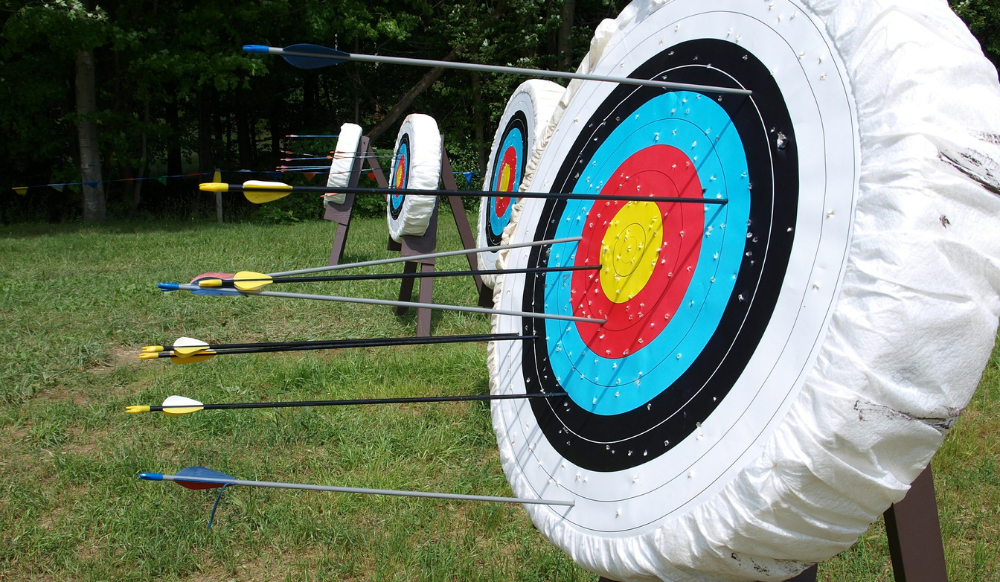Supporting your young person to stay motivated
Supporting your young person to stay motivated
Most young people face challenges around staying motivated. Learn ways to encourage your young person.

The majority of young people face challenges around staying motivated.
For the most part, young people will overcome these challenges on their own This article will give a parent/guardian some advice on how to approach staying motivated with their young person.
What do young people tell us?
Adolescence is the time when young people often want more independence from their parents/guardians. At times they want to take risks, but may not be able to see the potential consequences.
We know from the My World surveys that many young people identify with the importance of one good adult. This is an adult that they can talk to, confide in and who will listen to them non-judgmentally.

A young person’s ability to cope, their resilience, and ability to bounce back is greatly improved when they have someone in their lives they can talk to.
Other factors that young people have identified as helping them cope with difficulties are:
- Friends
- Sports and exercise
- Music
- Sleep
- Family and parents
- Talking
- Video games.

Motivation
Think about what your young person personally enjoys, rather than just focusing on what they need to do or what they are good at.
External vs internal motivation
There are different types of motivation. External motivation is when we are motivated to complete an activity in order to perform, earn a reward or avoid punishment. Some people may find tasks like schoolwork and household chores to be fueled by external motivation.
Internal motivation is when we are motivated to perform a task or activity because we find it personally rewarding, e.g. if you are interested in the subject or you find the task rewarding in itself.
Different people may find the same tasks motivated by either external or internal motivation. Think about what your young person personally enjoys, rather than just focusing on what they need to do or what they are good at. We should all have a balance of external and internal motivation.
Emotion
Emotion regulation is the ability to take control over your own emotional state.

Emotion regulation
Emotion regulation is the ability to take control over your own emotional state. It involves behaviours such as rethinking a challenging situation to reduce anger or anxiety or focusing on reasons to feel happy or calm.
Paul Gilbert proposed that we have three main kinds of emotion regulation systems:
● Drive system: pursuing, striving, achievement.
● Soothing system: safe, calm, cared for, nurtured.
● Threat system: Anger, anxiety, self-criticism.
As parents/guardians, our role is to help our young people find a balance between these systems. We can do this through compassion and understanding.
Make space to spend time with your young person to listen to them and understand them.
Good relationships are all about connection. Try to withhold judgement. Notice things about themselves that they may not have noticed. Reflect back on what they tell you is going on for them.
Look for windows of opportunity to notice what’s going on ‘I’ve noticed that you seem down lately’.

Goals
Having goals can guide your young person in the choices and decisions they make.
How to support good motivation in young people
Goal setting
Goals can give your young person a sense of direction. They can motivate, and focus attention on activities or behaviours they would like to change. Having goals can guide your young person in the choices and decisions they make.
As we discussed above, goals should be set around not only what your young person needs to do (such as studying for exams), but also what they enjoy doing.
Depending on where your young person is at, goals can be small or big.
It could be developing a better daily routine, such as getting up a bit earlier or having better sleep hygiene.
Or goals can be bigger such as getting into a specific college or saving money.
Praise
Acknowledge when your young person makes an effort. It doesn’t matter what this is about.

Praising efforts
Acknowledge when your young person makes an effort. It doesn’t matter what this is about – it might be something to do with self-care, going to school or making some effort towards achieving their own goals.
Often a parent/guardian will want to protect a young person. But actually, there is nothing to be learned by getting things right all the time, and failure helps us grow. Focus on the effort rather than the outcome.

Exercise
Exercise is good for your overall physical and mental health. It doesn't have to be going to the gym or taking part in competitive team sports
Encouraging exercise
Exercise is good for your overall physical and mental health. For some of us, the very word ‘exercise’ can be off-putting. However, being active doesn’t have to mean going to the gym or taking part in competitive team sports. Regular exercise is also linked to better sleep, which helps us to maintain good mental health.
Treat yourself as you would like your young person to treat themselves. Remember to acknowledge your own efforts in your daily life.


